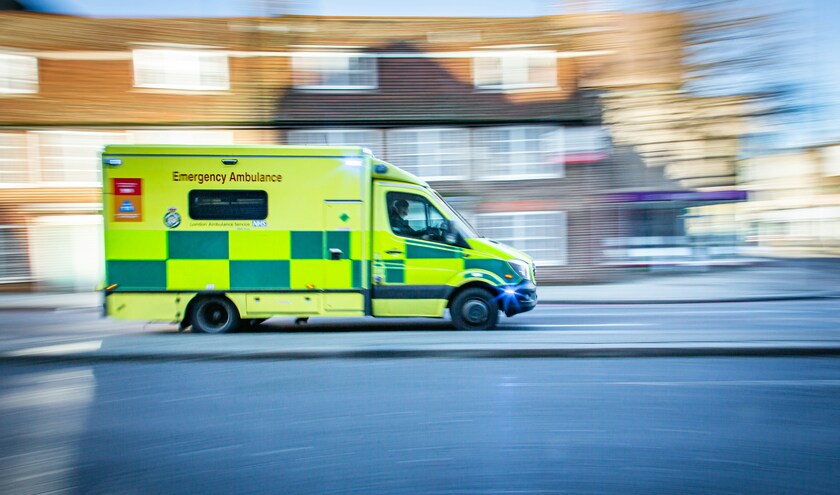The GMB poll of 3,000 workers included harrowing testimony of patients ‘regularly' dying in hospital corridors, being left for ‘days' outside in ambulances and being told it would be quicker for them to make their own way to hospital, and then dying on route.
Rachel Harrison, GMB national secretary, said: ‘These terrible, harrowing stories from our ambulance workers members lay bare the horrifying state of our NHS.
‘Whoever wins the election next month, we need to properly invest in our NHS if we want to keep it alive – and that starts first and foremost by investing in the workers themselves.'
A third (31%) of those polled said they knew of a case where a death to delay had happened.
Almost half (43%) had spent an entire shift waiting outside A&E in past three years.
In addition, 82% had suffered verbal abuse in the past three years, with 33% suffering physical attacks.
Always three-quarters of those polled (70%) had considered leaving the service in the past year.
Liberal Democrats leader Ed Davey said: ‘The chaos and crisis in hospitals and ambulance services is costing lives. The NHS was once the envy of the world's envy, but it has been in constant crisis under the Conservative Party. The Conservatives have left health services crumbling, with nurses and paramedics overstretched and vulnerable patients left with the indignity of waiting in corridors for life-saving treatment.
‘The Liberal Democrats would end the crisis in our ambulance services, by increasing the number of beds and offering free personal care to ease the pressure on hospital wards.'
Saffron Cordery, deputy chief executive, NHS Providers, said: ‘Stretched ambulance services need more national support. Demand for – a third higher than before the pandemic - and pressure on ambulance services and staff has gone through the roof.
‘Recent months have been the busiest ever for call-outs. For example, in April the number of most serious (category 1) incidents was 33% higher compared to the same time five years ago.
‘Trusts and staff are working flat out to see patients especially urgent cases as quickly as possible. The health and wellbeing of staff is crucial too. We need adequate long-term investment and sustained efforts to recruit, train and retain staff.'



